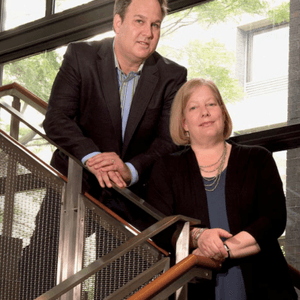An editorial in the Austin-American Statesman praised the recommendations of the governor’s advisory council on criminal justice, especially in regard to changes needed in the death penalty system. Excerpts from the editorial appear below:
Affordable steps to justice in Texas(Austin-American Statesman, Editorial, February 15, 2006). See Editorials.
Nobody can blame the public for becoming increasingly skeptical about the
Texas criminal justice system in light of the steady stream of folks who
have been released from prison because they were innocent.
We certainly believe that the criminal justice system most often punishes
the guilty. But in too many cases, it has been hard to determine whether a
defendant was truly guilty or simply too poor to hire a competent lawyer.
The Texas justice system doesn’t inspire confidence when it defends sleeping
lawyers as well as shoddy ones and sends people to prison on false or shaky
evidence.
Reasonable people can disagree about the severity and effectiveness of
punishment — including the death penalty — handed out by the courts. But
everyone wants to get convictions right. That’s why we welcome
recommendations released last week by the governor’s advisory council on
criminal justice. The council’s recommendations would emphasize fairness
without compromising toughness.
Several proposals rightly focus on expanding the use of DNA testing during
trials and after convictions. Forensic testing now is limited because trial
judges are reluctant to order DNA testing without specific statutory
authority. We agree with the governor’s council that judges should have that
authority. In cases with DNA evidence, there is a sure way to know if the
accused or convicted is guilty. That makes sense. We have the technology, we
should use it.
…
We’re glad the council didn’t ignore the quality of legal representation for
poor defendants — especially those accused of capital murder. Under the
current system, defendants who are too poor to hire their own lawyers are
appointed ones by the courts. Hampered by a lack of standards and money, the
court-appointed lawyers system has largely failed to provide poor defendants
with experienced, and in many cases, competent lawyers. We’ve witnessed
cases in which court-appointed lawyers failed to do the basics — interview
witnesses, check alibis, obtain DNA testing or conducted investigations.
The state has made improvements in the court-appointed lawyers system. But
we agree with the council that Texas might need a totally different system
to provide legal representation for poor defendants in capital murder cases.
The council recommended further study on using state money to establish a
network of public defenders offices.
…
The system can be fair and still be tough. A system that is tough but unfair
gambles its credibility.
Articles
Feb 19, 2021




